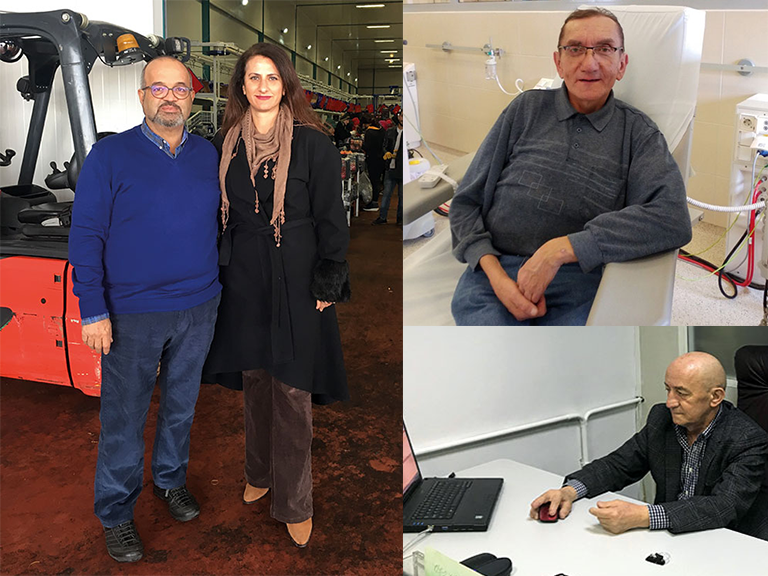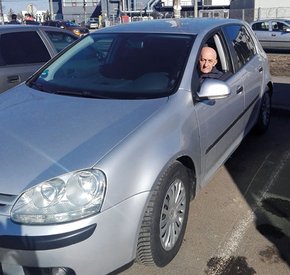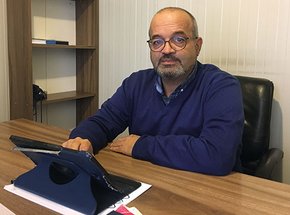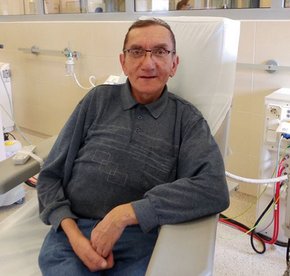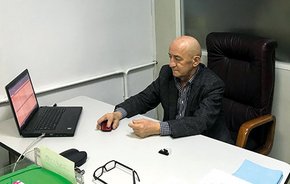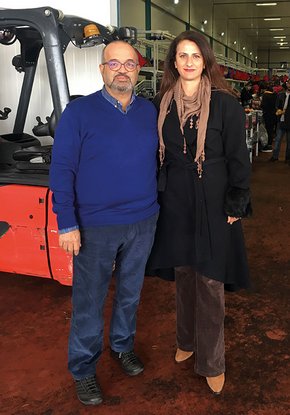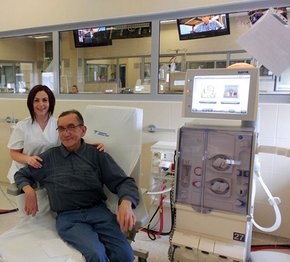Ciulică: The first dialysis period back in the eighties was quite challenging. I was on haemodialysis for ten years before I received a kidney transplant which served me for 18 years. Despite little ups and downs due to age-related comorbidities I feel very well in my current dialysis programme. During these periods, I never stopped working, and my position is not physically demanding, which encouraged me to stay in my job.
Hakan: During the first year of dialysis, I panicked so much that I became anxious about my health and stopped working. I was treated in another clinic first. With my transition to Fresenius Medical Care, the quality of dialysis increased. Feeling so vigorous after dialysis had a considerable impact on me returning to the job market and professional life. Undoubtedly, the treatment had a positive influence on the effectiveness of my work life since I usually feel healthy after dialysis. I work a lot to prevent myself from thinking about my illness. As I run my own business, I have the chance to determine my working hours and days off, which makes things easier. My job requires that I leave town regularly, so I organise dialysis days according to my travel schedule. Since Fresenius Medical Care has clinics in various cities in Turkey, our head nurse helps me schedule my appointments in other cities. Thus, I get my treatment when I have some free time from work.
Stjepan: When I had to start dialysis in 1986, I felt as if my whole world was falling apart. I was only 18, after all. Luckily, I always handled dialysis well and got a lot of help from the people around me. I worked full time with a perfectly functioning kidney transplant for 15 years, but had to go back on haemodialysis in 2012. I love working and being useful to those around me. However, I am currently on sick leave until I receive a new kidney, since I can’t get dialysed at night, and my work requires daytime hours. In Croatia, you either have to work or be on sick leave, as healthcare does not provide specific options for combining work with time on dialysis.
